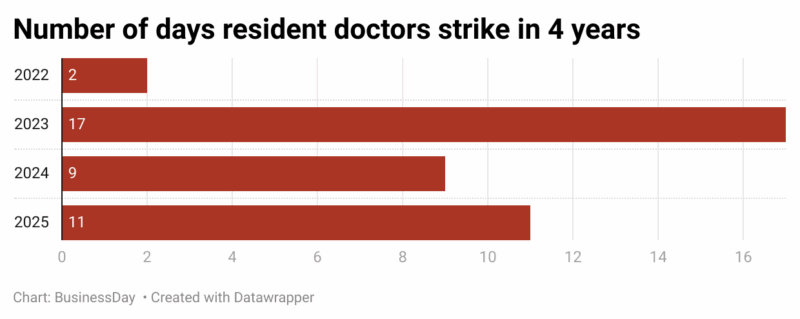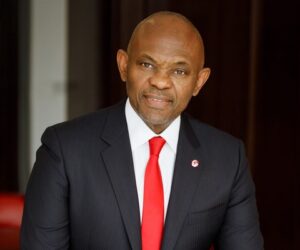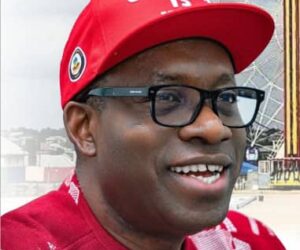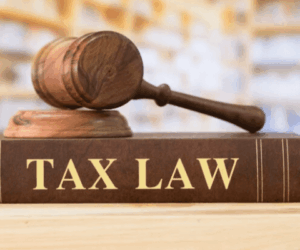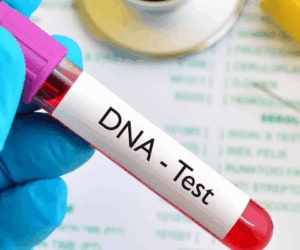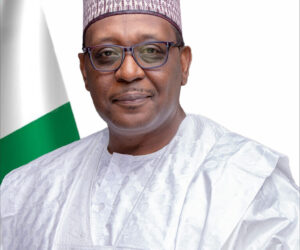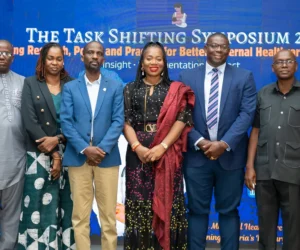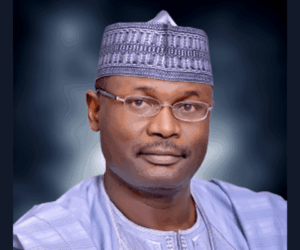…FG’s talks with resident doctors end in deadlock
…NARD insists on 19-point demand
Patients are facing significant difficulty and frustration accessing healthcare in public hospitals across Nigeria as resident doctors’ strike enters the 11th day.
Resident doctors, who form the bulk of Nigeria’s healthcare workforce, declared an indefinite strike on November 1, vowing not to return to work until the federal government meets their 19-point demand. This action has crippled medical services in 91 public hospitals nationwide, disrupting routine and critical services.
At the Kwali General Hospital, a staff member identified as Joe Brown, told BusinessDay that seeing a doctor has become almost impossible for patients.
“Doctors are on strike. It’s the same situation in Bwari General Hospital and all other public hospitals. There are nurses around, but you can’t get complete care,” he told BusinessDay.
He explained that with resident doctors’ absence, it’s largely nurses who are left to manage patients and offer limited services.
Read also: FG holds ‘conciliatory talks’ with resident doctors as strike enters day 10
At Bwari General Hospital, Princess Kelechi recounted her frustration after waiting several hours without being attended to.
“I waited for hours, only to be told that no doctor was not available. I eventually went to a nearby pharmacy and got some medication to ease the pains,” she said.
When BusinessDay visited the National Hospital Abuja, several patients, including pregnant women, were seen stranded, with some leaving the premises in disappointment after being unable to access care.
“There are no doctors on the ground. The only doctor available said he could only attend to women from the 36-week pregnancy upwards. If you’re not up to that stage, he won’t see you,” a visibly upset expectant mother said.
For others, the consequences were even more severe. A woman said her sibling, which she identified as Maria Amusa, could not proceed with her scheduled surgery because doctors were unavailable.
“They were supposed to operate on my sister today. It was delayed last week because she didn’t have enough blood. After the transfusion, we were told the surgery would happen today, but it has been cancelled because doctors are on strike,” she lamented.
At the Federal Medical Centre (FMC), Bida, Niger State, medical services were skeletal, as doctors were not on duty.
There were also limited medical services at Aminu Kano Teaching Hospital (AKTH) in Kano.
Deadlocked negotiations
BusinessDay found on Monday that the negotiations between the federal government and the National Association of Resident Doctors (NARD) were deadlocked.
Our correspondents gathered that the federal government, consisting of top officials from the Ministry of Health and Social Welfare and the Ministry of Labour and Employment, met with the leadership of NARD yesterday but the meeting ended in a deadlock, as no agreement was reached.
Muhammad Suleiman, president of NARD, confirmed to BusinessDay that the no agreement was reached other than the “just regular discussions.”
“We met with the federal government last week, and what we discussed has not been done. Today, we have had another meeting and it’s just discussions, no agreement. They said we should come back on Tuesday (today). Isn’t progress a measure of what we have been able to agree on and is implementable?” he queried.
He decried that the government promised up to 35 percent of arrears owed resident doctors, yet only 60 percent of its members have received payment.
“Can you describe that as progress? That’s where we are,” Suleiman noted.
The NARD president insisted that the strike would continue until its 19-point demand was met.
Read also: FG begins payment of arrears to health workers as resident doctors begin strik
Muhammad Sanusi, a resident doctor in the Federal Capital Territory (FCT), told BusinessDay that the funds recently disbursed by the government is infinitesimal compared to doctors’ demands.
“The money paid for arrears is not even enough. Our demands go beyond funding. They involve policy issues, and we are not backing down until they are met,” he said.
According to him, most of the doctors’ key demands are policy-related, which include employment and remuneration for entry-level doctors, upgrading of medical certificates, a clear policy on replacing doctors who leave the service, and improvements to residency training programmes, among others.
“There are several issues that require policy decisions, not just the disbursement of funds. The money disbursed so far did not cover all financial arrears. There’s a minimum set of demands that must be met before we can consider calling off the strike,” he added.
The ongoing doctors’ strike stems from failed negotiations over the payment of withheld salaries under the Integrated Personnel and Payroll Information System (IPPIS), a review of hazard allowances, and the recruitment of additional health workers to fill critical gaps in the system.
The industrial action comes at a time when Nigeria’s healthcare sector is already overstretched due to years of underfunding, brain drain, and the migration of medical professionals to countries such as the UK, Canada, and Saudi Arabia.
Among NARD’s 19 demands are a review of excessive and unregulated work hours; payment of outstanding 25 percent and 35 percent salary review arrears under the Consolidated Medical Salary Structure (CONMESS); reinstatement of five resident doctors dismissed from the Federal Teaching Hospital, Lokoja; payment of promotion arrears; and release of the 2024 accoutrement allowance.
Other demands include: Correction of entry-level placements, implementation of a Collective Bargaining Agreement (CBA), regularisation of locum staff, reversal of the downgrading of West African College certificates by the Medical and Dental Council of Nigeria (MDCN), and granting of hospital chief executives greater autonomy to hire and replace doctors.
The association is also calling for urgent upgrades to medical infrastructure, better maintenance of hospital equipment, and the implementation of special pension benefits for doctors.
FG speaks
But Balogun Alaba, spokesperson for the Ministry of Health and Social Welfare, expressed regret that the strike has continued despite the payment of arrears to resident doctors.
He said the government has approved and begun disbursing over N33.3 billion in arrears owed to health workers.
“With those funds disbursed, we had hoped the strike would be called off. It calls for human understanding. The Minister of State for Health has appealed to their conscience. The federal government has shown commitment. They should understand—are they not Nigerians too?” he said.

